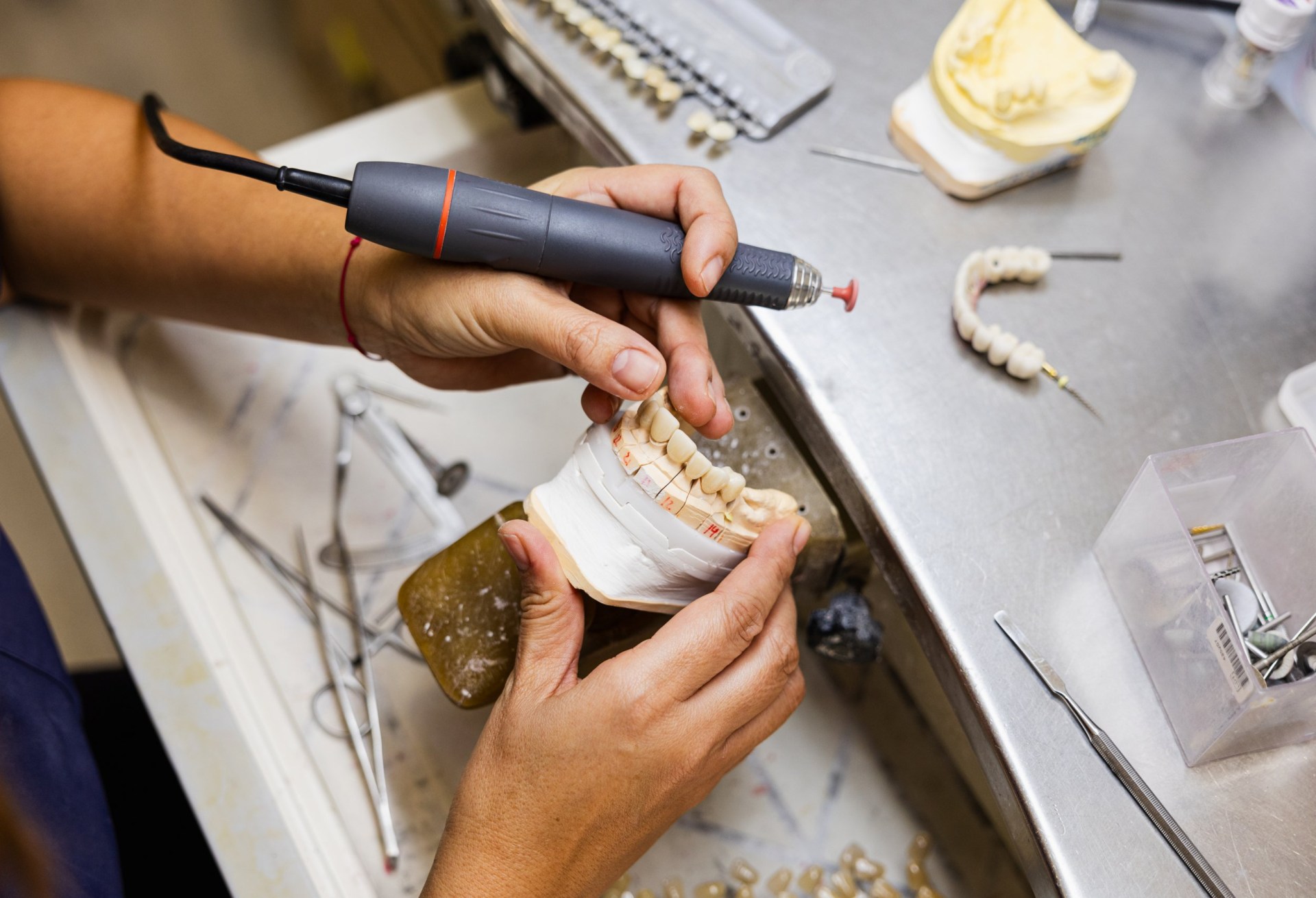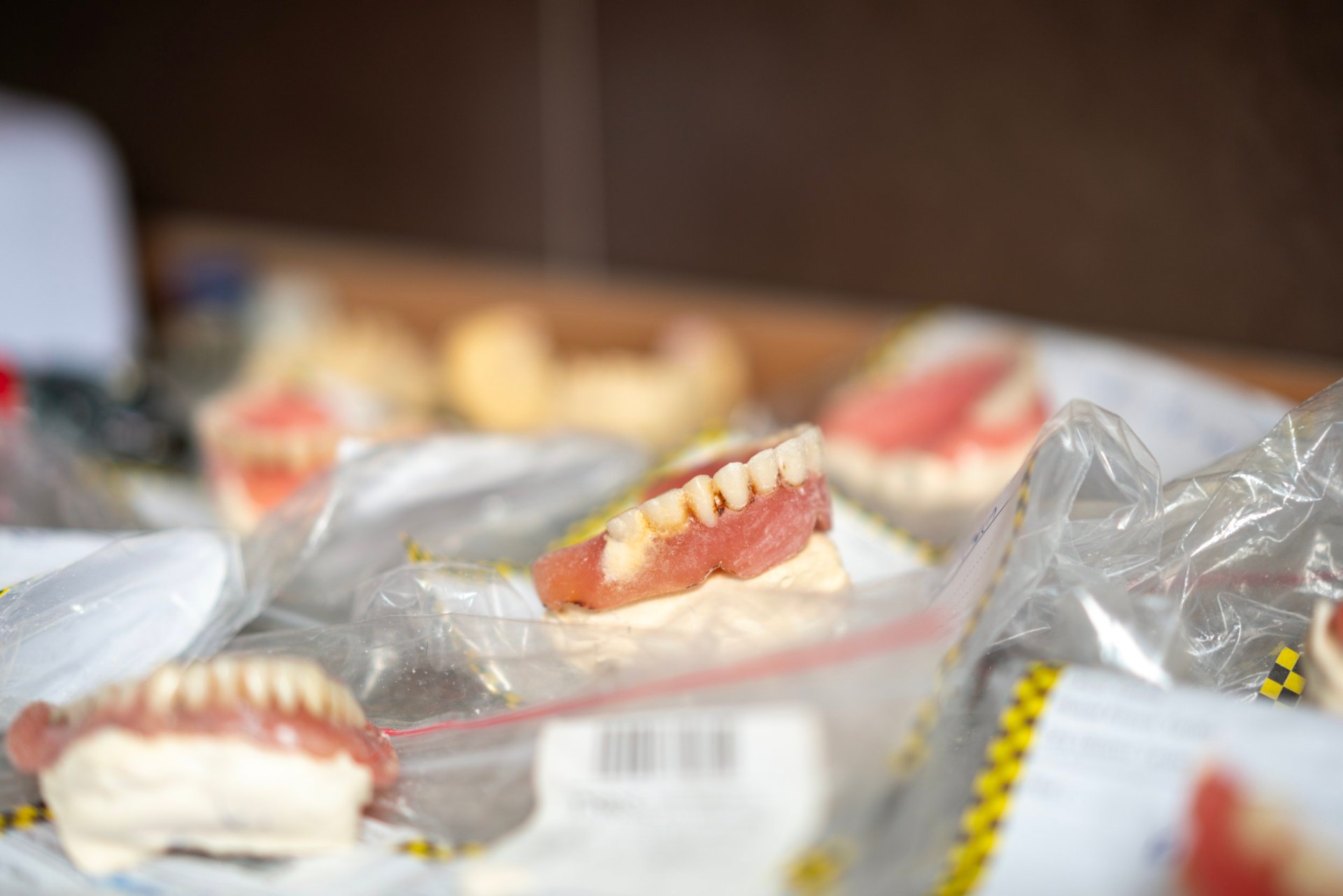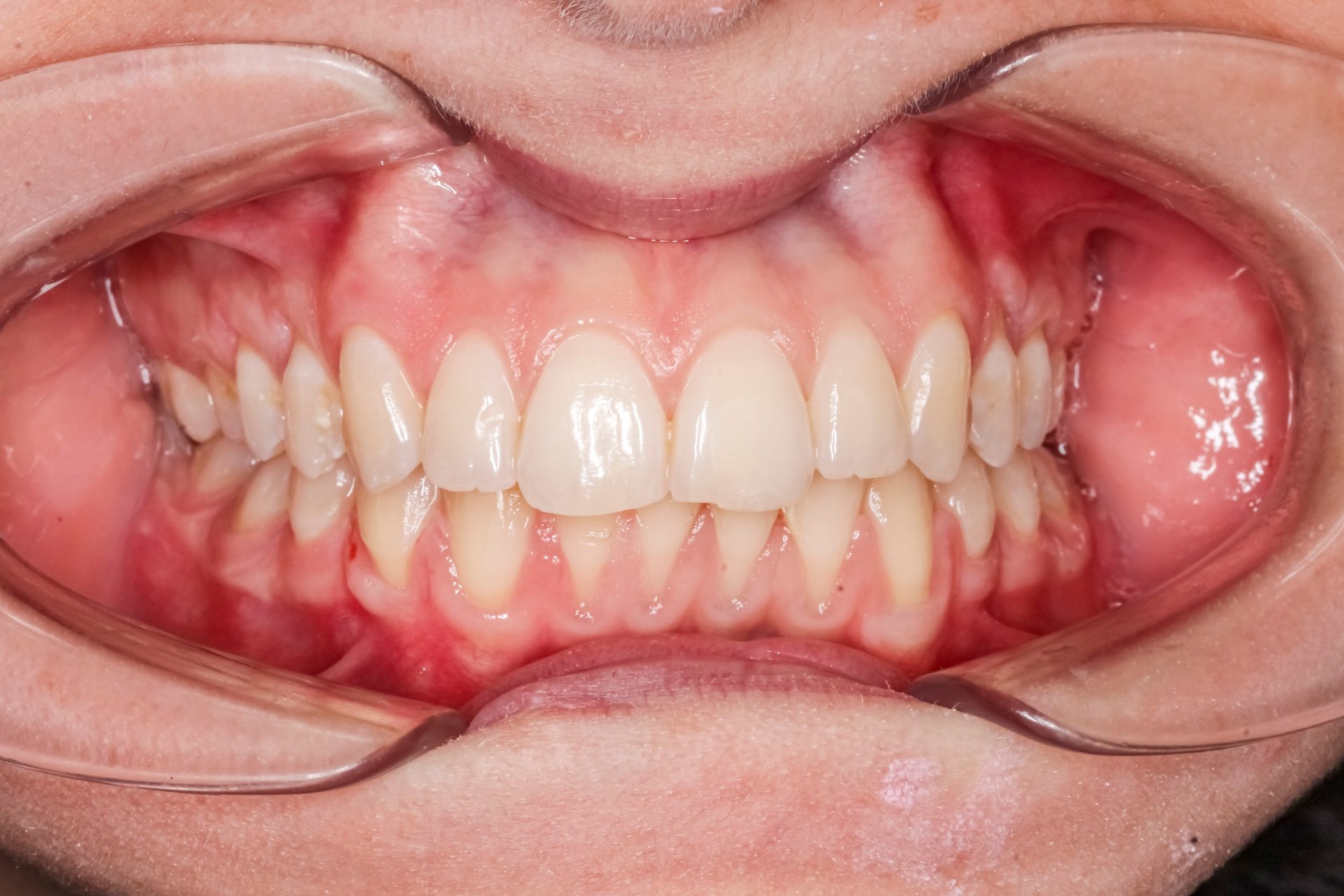
Scientists has successfully cultivated a tooth in a laboratory as part of research that might 'transform dental care'.
This advancement might enable patients to regenerate lost teeth, providing a substitute for fillings or dental implants, according to researchers from King’s College. London said.
The team has created a substance that replicates the conditions where teeth develop, allowing cells to communicate and start producing a tooth.
'In this specific study, they used mouse cells,' explained Dr Ana Angelova-Volponi, who directs regenerative dentistry at King’s College London. .
'This procedure might assist us in the future in growing human teeth,' she mentioned additionally.
Unlike animals like sharks And elephants can regrow their teeth multiple times throughout their lives, whereas humans only get one permanent set during adulthood, according to the researchers.
The capability to regrow teeth would thus signify a significant advancement in the domain of dental science.
Although implants and fillings remain static over time, the laboratory-generated tooth developed in this study, using cells from the patient, has the potential to meld with the jawbone. It can also repair itself much like regular teeth do.

This research, conducted alongside Imperial College London, took over ten years to complete.
Xuechen Zhang, a researcher from the Faculty of Dentistry, Oral & Craniofacial Sciences at King’s College London, stated: "Fillings do not provide the ideal method for mending teeth."
'With time, these can weaken your tooth structure, have a short life span, and might cause additional decay or sensitivity.'
'Installing dental implants involves surgical procedures and often necessitates a suitable match between the implants and the alveolar bone. However, both options are man-made alternatives and may not completely reinstate the normal functioning of teeth, which could result in potential long-term issues.'
'Grown-in lab teeth would naturally rejuvenate, merging with the jaw like genuine teeth.'
'They would be more robust, enduring, and devoid of rejection issues, providing a more lasting and biocompatible alternative compared to fillings or implants.'

Researchers are now exploring two possible approaches to developing lab-grown teeth.
The first approach would involve growing a whole tooth in the lab before implanting it.
Instead, immature dental cells could be positioned straight into the patient’s jawbone, allowing them to keep growing.
Mr Zhang added: 'We have various concepts for placing the teeth within the mouth.'
'We have the option to implant the youthful tooth cells at the spot where the tooth is missing and allow them to develop within the mouth.'
Dr Angelova-Volponi stated: “With advancements in this area, incorporating these cutting-edge methods could transform dental treatment, providing viable and efficient approaches for repairing and regenerating teeth.”
As oral health disparity increases in the UK, patients have turned to do-it-yourself dentistry , like extracting their own teeth, when they are cannot reach NHS care .
A poll conducted by the British Dental Association (BDA) has shown that 82% of dentists are dealing with severe instances of do-it-yourself (DIY) dentistry.
Karen Stone, aged 61 and from Suffolk, was informed that she now only has seven teeth remaining following her attempt at self-administered dental work. extracting her own teeth , since she couldn't schedule an appointment with a dentist.
Contact our news team by sending an email to webnews@.co.uk .
To find more tales like this, check our news page .
Keep abreast of the topics everyone is discussing by subscribing to 's News Updates newsletter.